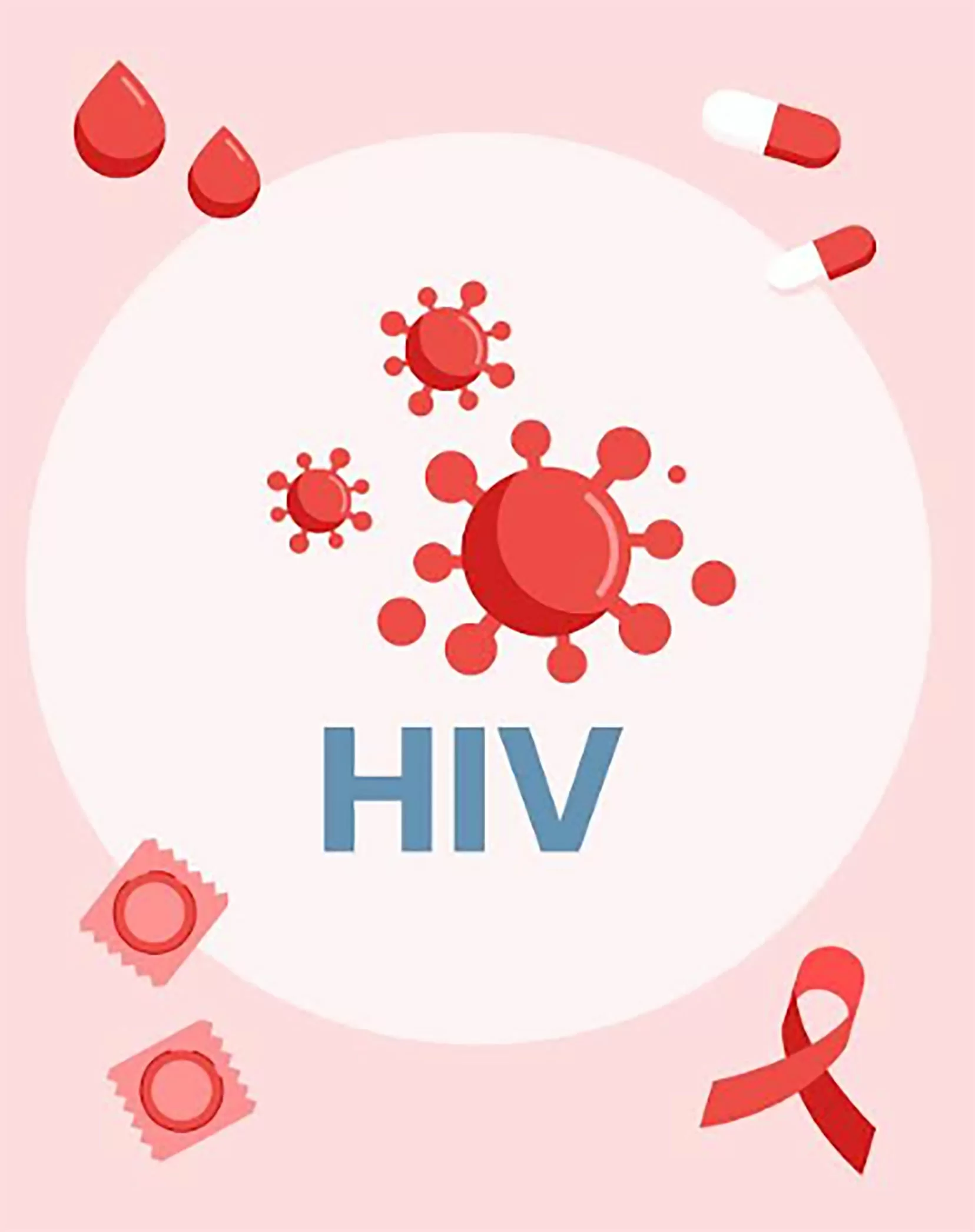Suriname is grappling with a concerning surge in HIV infections, particularly among young people under 25 and adults aged 35 to 45, according to recent analyses by the national HIV program. Monique Holtuin, the HIV focal point at the Ministry of Public Health, Welfare, and Labor, revealed that an estimated 8,000 people are living with HIV in the country. While approximately 4,000 individuals are aware of their status and 85% of them are receiving proper care, the other half remains unaware, posing a significant risk for further transmission. Holtuin emphasized the urgency of early testing, especially among youth, who often develop symptoms years after contracting the virus. Children born to HIV-positive mothers are also vulnerable, as some mothers avoid treatment due to stigma, leading to preventable mother-to-child transmissions. The MSM (men who have sex with men) community faces heightened risks due to unprotected contact and societal marginalization. Holtuin highlighted the lack of awareness and misconceptions about HIV, stressing the importance of condom use and regular testing. She advocated for comprehensive sexual education in schools to empower young people with knowledge and encourage behavioral change. Holtuin underscored the need for sustained care, medication adherence, and societal efforts to eliminate stigma, aiming for a future where people feel free to test openly and discuss their health without fear.
